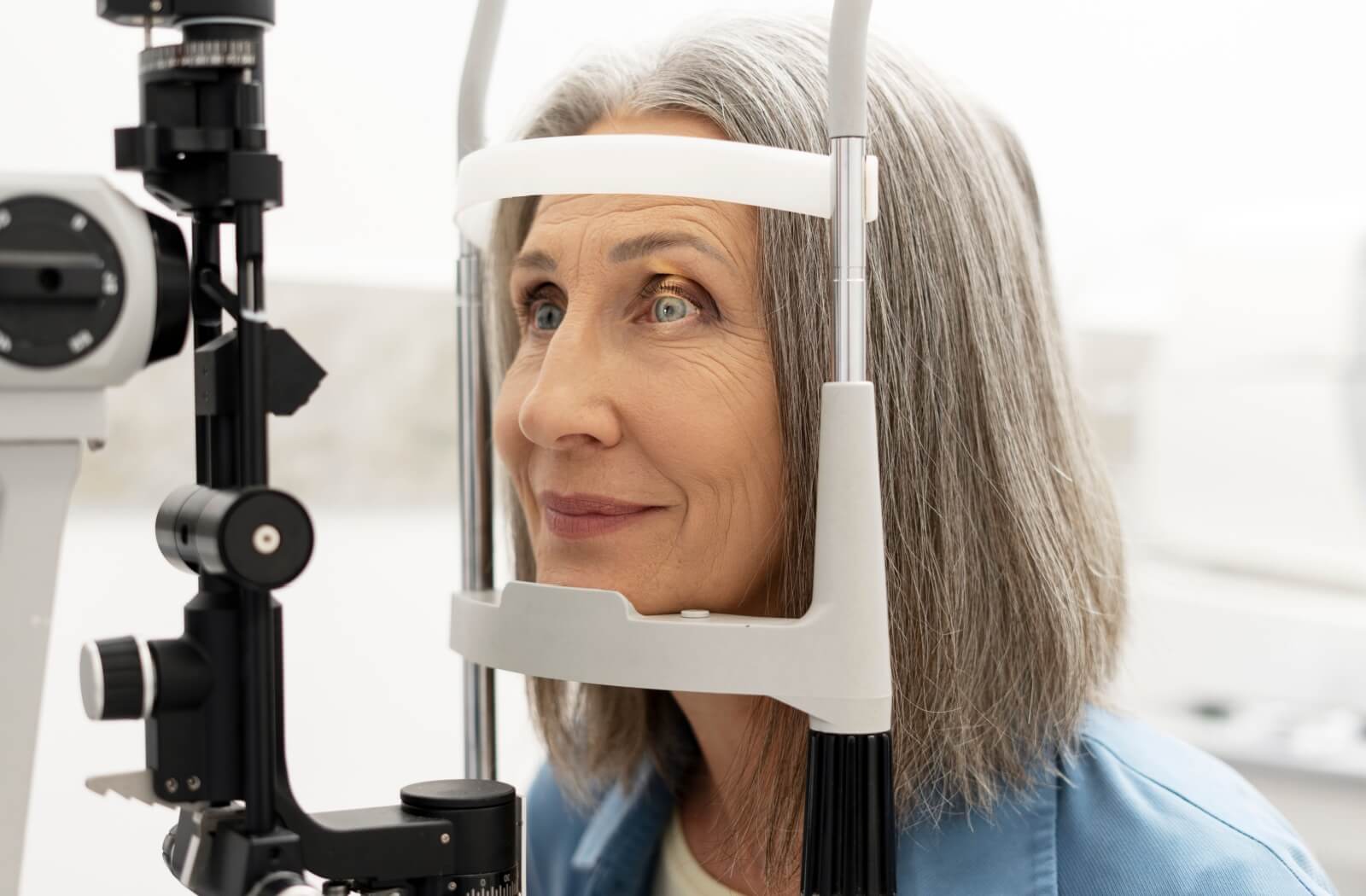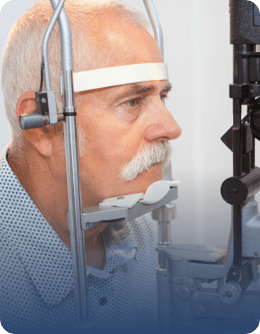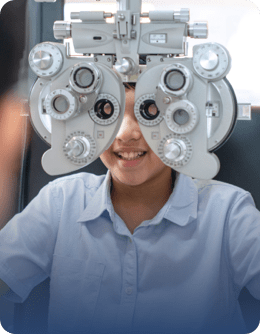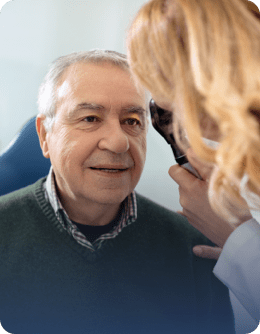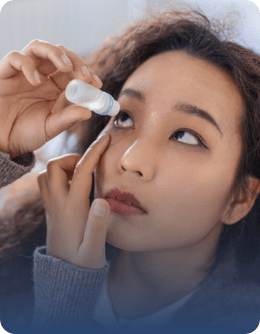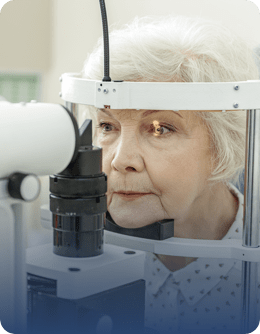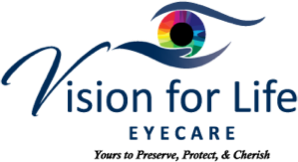Regular eye exams are a key part of your family’s health routine. At our practice, we believe these check-ups are as much about maintaining your eye health as they are about testing how well you see. How often you or your loved ones need to see an optometrist depends on a few things—like your age and overall health.
How often you should have an eye exam depends on your specific age, health, and risk factors. A dedicated optometrist can help you create a schedule that fits your family’s needs.
Why Regular Visits to an Optometrist Matter
An eye exam gives your optometrist a complete picture of your eye health. These appointments, which are much more thorough than a simple sight test, help protect your vision for the long term.
Spot Vision Changes Early
Your vision can change slowly over time, and you might not even notice it. An optometrist can detect these small shifts. They can then update your prescription if needed to help you see clearly.
Detect Eye Health Problems
Many eye conditions don’t have obvious symptoms in their early stages. A comprehensive exam allows an optometrist to look for signs of common eye diseases such as:
- Glaucoma
- Cataracts
- Age-related macular degeneration
Uncover Other Health Conditions
Your eyes can offer a look into your overall health. During an exam, an optometrist can sometimes spot early signs of general health issues like diabetes or high blood pressure. This is because they can look at the blood vessels in your eyes to find clues about conditions like diabetes or high blood pressure.
Recommended Exam Frequency by Age
The Canadian Association of Optometrists provides guidelines for eye exam schedules based on age, though people with a higher risk of eye issues may need more frequent exams. Your optometrist can help you decide what’s right for you.
For Infants & Toddlers (Birth to 24 months)
A baby’s first eye examination should happen between 6 and 9 months of age. This helps to check that their eyes are developing properly.
For Preschool Children (2 to 5 years)
Children in this age group should have at least one eye exam. This check-up can identify vision issues before they start school.
For School-Age Children & Teens (6 to 19 years)
An annual eye exam is recommended for growing children and teens. Their vision can change quickly, and regular children’s eye exams help them succeed in school and other activities.
For Adults (20 to 64 years)
You should plan to have an eye exam every 1–2 years. This helps maintain your eye health and keeps your prescription current.
For Adults (65 years & Older)
Seniors should have a dedicated senior eye exam every year. Annual visits can help detect and manage conditions that become more common with age.
When You Might Need More Frequent Eye Exams
Some situations call for more frequent visits to your optometrist. Your health history and lifestyle can influence how often you should have your eyes checked. It’s always a good idea to follow the schedule that your eye doctor suggests.
If You Wear Glasses or Contacts
If you wear glasses or contact lenses, your optometrist will likely recommend an exam every year. Prescriptions for corrective lenses typically need to be renewed. This also gives your optometrist a chance to check the fit and health of your eyes with professional contact lens fittings.
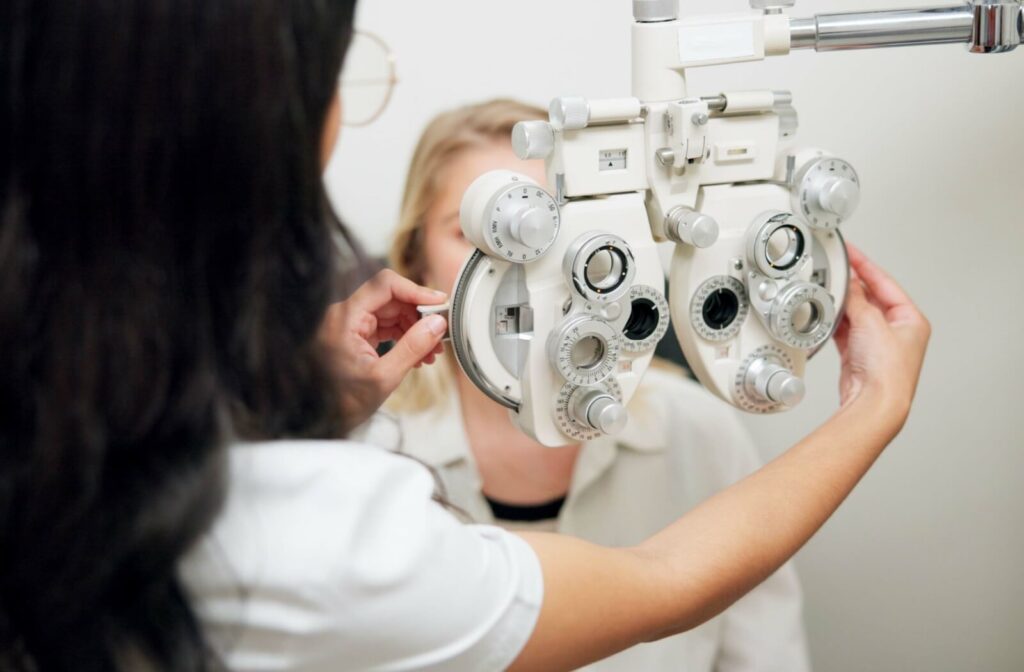
Health Conditions That Affect Your Eyes
Certain health conditions can impact your eyes. Your optometrist may suggest yearly or more frequent exams if you have:
- A condition like diabetes that requires diabetic eye exams
- High blood pressure
- A family history of eye disease like glaucoma
Past Eye Injuries or Certain Medications
If you take medications with potential side effects for your vision, you may need more regular check-ups. The same is true if you have had an eye injury or surgery in the past. Your optometrist can recommend a suitable exam schedule for you.
What to Expect at Your Optometrist Appointment
An eye exam is a straightforward and comfortable process. Your optometrist and their team will guide you through a few simple steps. The goal is to get a full understanding of your vision and eye health.
A Chat About Your Health History
Your visit will likely start with a conversation about your medical history and lifestyle. You’ll also discuss your family’s health history. This information helps your optometrist understand any potential risks to your eye health.
Tests for Your Vision
This part of the exam involves familiar tasks like reading letters from a chart. These tests determine how well you see at different distances and whether you might benefit from corrective lenses.
A Look at Your Eye Health
Using modern diagnostic technology, your optometrist will look at the different parts of your eyes. In some cases, you might also undergo a dilated eye exam, which allows your optometrist to check for any signs of eye conditions.
Protect Your Vision Between Appointments
You don’t need to wait for your next scheduled visit if you notice something wrong with your version. It’s important to address any changes in your vision promptly, as some symptoms may require emergency eye care.
You should schedule a visit if you notice:
- Eye pain
- Persistent redness, dryness, or itchiness
- New “floaters”—or small specks—in your field of vision
- Flashes of light (this can sometimes be an eye emergency)
- Halos around lights
- Sudden changes in vision
- Trouble reading signs while you drive at night
You can also take simple steps at home to support your family’s eye health. These habits can help protect your vision every day.
Protect Your Eyes from the Sun
Wear sunglasses that block UV rays whenever you’re outdoors. This simple step can lower your risk of several eye conditions, plus it’s an easy habit for everyone in the family to adopt.
Follow the 20-20-20 Rule for Screens
When you use digital devices, take regular breaks. Following the 20-20-20 rule is a simple exercise that can help reduce digital eye strain: every 20 minutes, look at something at least 20 feet away for 20 seconds.
Eat a Balanced Diet
A diet rich in leafy greens, colourful fruits, and fish supports your overall health—including your vision. Nutrients like omega-3 fatty acids, lutein, and zinc are all beneficial for your eyes.
Your family’s eye health is an important part of their overall well-being. Regular visits with an optometrist can help everyone see clearly and comfortably through all stages of life. We are here to help you feel confident about your eye care.
At Vision for Life Eyecare, we want to guide you through your eye care journey. We provide personalized care for families and seniors throughout our beautiful Alberta community. Contact us to book an appointment for you or your family today.


